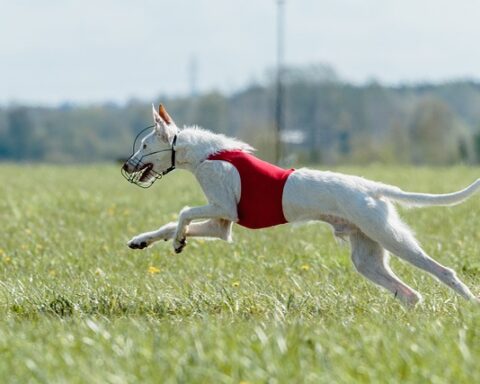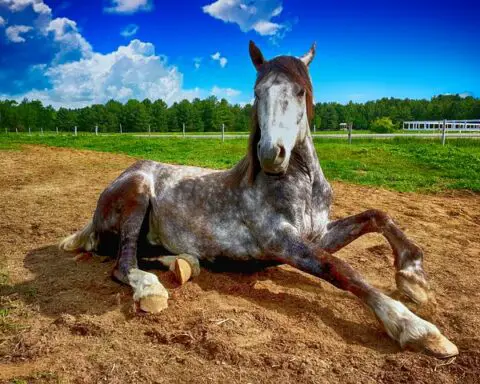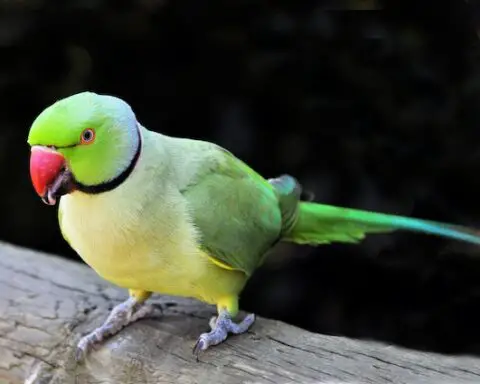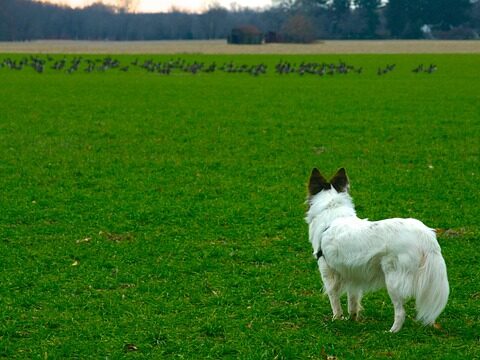One of the banes of bird owners is having a messy feeder. When we say messy, we certainly mean that it’s dirty and it smells bad. Not to mention that having a bad-smelling bird feeder will attract a lot of unwanted pests and critters like mice, insects, rats, etc. Not only will it eat the contents of the feeders, but your bird might get sick too if you leave them be.
Also, even if there are no pests around to share the bird feeder with, there is always that problem with debris and grease, which can be a huge problem if your bird feeder is placed above your garden or lawn. If you let them build-up, it might affect your flowers and grass.
Accumulating debris can cause rust, which can damage the bird feeder’s structure, not to mention that it can also risk your pet bird’s life. However, those aren’t the only things you should watch out for. Depending on your community, having a nasty bird feeder can violate the HOA, and we all know better than to incur penalties.
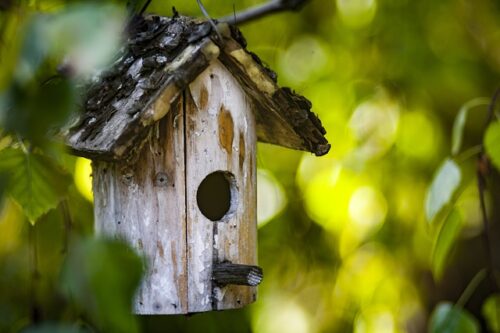
Why should you clean your bird feeders?
Birds might be beautiful creatures, but there’s no denying that they are also a big part of spreading diseases. They can fly and migrate to different locations, which is a huge factor if you think about it. This means that there is no telling where these birds you’re looking at now came from and what diseases they are carrying.
That said, there is always a potential that another bird might be sick because of what the other birds are carrying, and it might get contracted via the bird feeder. Not only that, but you might also get sick because of these birds. Of course, this would only apply to bird feeders for wild birds.
If you have a pet bird of your own with its own feeder, you don’t have to worry about contracting diseases. Of course, you shouldn’t be concerned not only about the diseases but also about the elements. If your bird feeder is constantly exposed to rain or frost, it will develop mold, making the birds sick.
Keeping your feeders clean is the best way to avoid causing any damage to the birds or the feeder itself. That said, here are some tips on how to keep your bird feeders clean.
Tips on how to clean your bird feeders
Conscientious bird owners regularly clean their bird feeders to avoid having pet or wildlife get infected with any diseases and other problems. Not only that, but if you’re feeding wild birds and are having trouble attracting birds, then having a clean bird feeder will be attracting more birds since a clean feeder is more appealing to them.
Choose easy to clean feeders. If you’re busy and are usually busy with work or other stuff, having an easy to clean feeder will be excellent. Since they are as easy to clean as their namesake, they don’t take much time when cleaning. That said, wooden bird feeders are a boon since it easily soaks in moisture, making it susceptible to smells. The wise thing to do is buy a bird feeder made from plastic, metal, or ceramic.
Clean it regularly. Generally, bird owners should clean their bird feeders once a month. However, if your bird feeder has multiple regulars, then you might have to clean it more regularly, depending on how many birds are using it and how much food you put in regularly. If you have hummingbird or oriole feeders, you have to clean them every time the nectar is refilled.
Use the right solutions. There are several solutions that you can make yourself to sanitize your bird feeders. One of the most common solutions is one part bleach and nine parts hot water. You can also use a mild unscented dish soap solution if you don’t trust bleach that much. Or you could just buy a commercial bird feeder cleaning solution from your nearest store.
Soak the feeder the first. Sometimes, because of the debris and absorbed oils, especially in a wooden bird feeder, it can be a struggle to scrub them all off. That said, to avoid scrubbing the bird feeder so much for fear of it being damaged, you can soak in water first. With this, any debris or moisture in the bird feeder can be more easily scrubbed off without much effort, which is convenient if you don’t want to damage your bird feeder.
Clean every spot, especially the hidden ones. If you want to make sure that your bird feeder is properly sanitized, you have to clean it inside and out. This includes the feeding ports, lids, platforms, perches, and reservoirs. The feeder’s hooks and poles should also be clean. At this point, it’s pretty much everything that comes in contact with the bird. You have to especially clean the feeding ports since it’s one of the spots that can accumulate debris.
Use the right equipment. If you don’t want to contaminate your bird feeders, it’s mandatory to use gloves when cleaning them. You have to use stiff brushes to properly clean it, especially if it hasn’t been cleaned for a long time now. If you’re wondering where to buy these things, you can see a lot of them online.
You can also visit your local garden centers, nature stores, or pet shops. In particular, pet shops have specialized cleaning materials for every animal, so it’s best if you inquire about them first.
If you can’t find any, you can use a regular bottle brush or a toothbrush that has never been used. Toothbrush, in particular, is small in size, which is convenient for cleaning those hard to reach and small parts of the feeder. Also, if the portholes are proving to be troublesome, you can use a stiff pipe cleaner for them, as long as they fit the holes.
Takeaway
If you want your birds to be healthy and free of diseases, one of the best things to keep them that way is regularly cleaning their feeders. Mold and bacteria can easily accumulate in a neglected feeder, and with this, your birds might get sick and die. Thus, clean them regularly.

